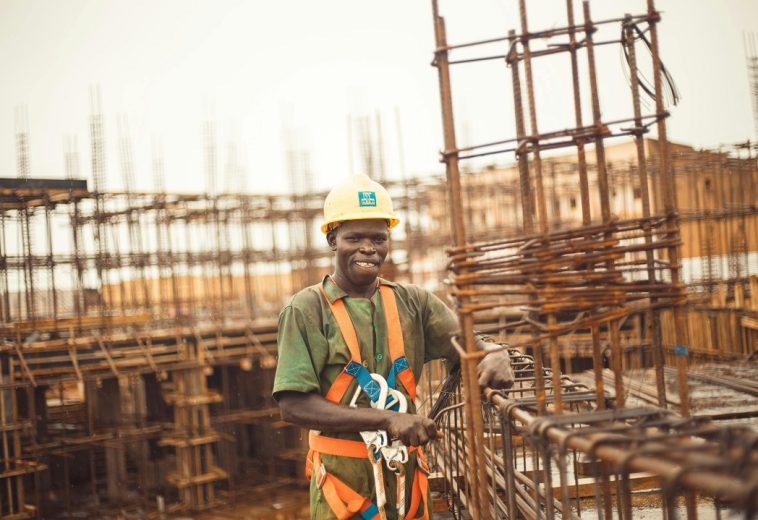Africa is making significant strides in enhancing the efficiency of its policing systems, aiming to better protect its citizens and ultimately foster a more advanced and effective society.
According to the Global Police Index (GPI) 2019, the perceived efficacy of police forces across 211 nations varies greatly. These variations highlight the differing levels of development and challenges faced by law enforcement globally.
READ ALSO: Addressing Cyber Security Threats in Africa – The Case of Malawi
The United Nations Police (UN Police) comprises approximately 11,000 authorised officers from over 90 countries who serve in 16 peace operations. Their roles include protecting civilians, preventing and investigating sexual and gender-based violence, and ensuring electoral and border security.
The critical role of law enforcement in promoting peace and security in Africa is consistently emphasised by the African Union (AU) and regional organisations such as ECOWAS and SADC. However, many African nations face significant challenges in meeting these demands due to a variety of factors, including limited resources and systemic issues.
Africa’s 54 nations each have distinct legal systems shaped by their histories, traditions, and forms of governance. While smaller countries like Eswatini and Seychelles have relatively basic police services, larger states such as South Africa, Kenya, and Nigeria boast more extensive and organised forces.
Promising Developments
Despite the challenges, certain African nations have garnered recognition for their exemplary police forces. These nations have successfully implemented innovative strategies, as noted by Safer Space’s 2019 Global Police Index. Key initiatives driving positive change include:
Community Policing: Many African countries are adopting community policing strategies to foster trust and cooperation between the police and the public. This approach empowers communities to actively participate in crime prevention and problem-solving.
Technology Integration: The incorporation of advanced technologies, such as surveillance systems, biometric identification, and data analytics, is improving the efficiency and effectiveness of law enforcement agencies.
Professionalisation of Police Forces: Increased focus on police training and education is producing more skilled and ethical officers.
Anti-Corruption Measures: Efforts to combat corruption within police forces are vital to restoring public trust and ensuring accountability.
Top 10 African Nations with the Best Police Services
The following countries have been identified as having the most effective police services in Africa:
1. Botswana
2. South Africa
3. Benin
4. Tunisia
5. Senegal
6. Sao Tome and Principe
7. Seychelles
8. Ghana
9. Cape Verde
10. Lesotho
A Safer Future
As Africa continues its journey of growth and transformation, its commitment to strengthening policing systems remains unwavering. By addressing existing challenges and building on successful initiatives, African nations are paving the way for a more secure and prosperous future for their citizens.




